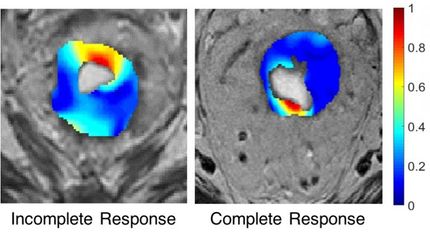Novel Chemotherapy Agent Bendamustine Significantly More Effective First-Line Therapy Than Chlorambucil in CLL
Blood Marrow Normalised in 31% (Versus 2%) of Patients, With Manageable Side-Effects
Advertisement
Nearly a third (31%) of all bendamustine-treated patients saw all clinical evidence of their advanced chronic lymphocytic leukaemia (CLL) disappear when used as a first-line treatment option, according to the results of a large new multicentre phase III study published by the Journal of Clinical oncology. Only 2% of patients treated with chlorambucil (the standard treatment) in the study achieved the same results.
In the study, patients treated with the chemotherapy agent bendamustine (162 of the total 319 patients) achieved a median progression-free survival of 21.6 months, compared to only 8.3 months for chlorambucil (p<0.0001), enabling them to live without worsening CLL for over a year longer.
An improvement in the duration of remission was also shown (median 21.8 months in the bendamustine group, versus 8.0 months in the chlorambucil group), and complete or partial responses were achieved in 68% of bendamustine-treated, and 31% of chlorambucil-treated patients (p<0.0001).
Haematological adverse events (grades III-IV Common Toxicity Criteria (CTC)) were more common with bendamustine than with chlorambucil (occurring in 40% versus 19% of patients). Severe infections (grades III-IV) occurred in 7% of bendamustine-treated patients and 3% of chlorambucil-treated patients. The side effects experienced by patients treated with bendamustine, were manageable and of short duration.
Most read news
Other news from the department research and development

Get the life science industry in your inbox
By submitting this form you agree that LUMITOS AG will send you the newsletter(s) selected above by email. Your data will not be passed on to third parties. Your data will be stored and processed in accordance with our data protection regulations. LUMITOS may contact you by email for the purpose of advertising or market and opinion surveys. You can revoke your consent at any time without giving reasons to LUMITOS AG, Ernst-Augustin-Str. 2, 12489 Berlin, Germany or by e-mail at revoke@lumitos.com with effect for the future. In addition, each email contains a link to unsubscribe from the corresponding newsletter.


























































